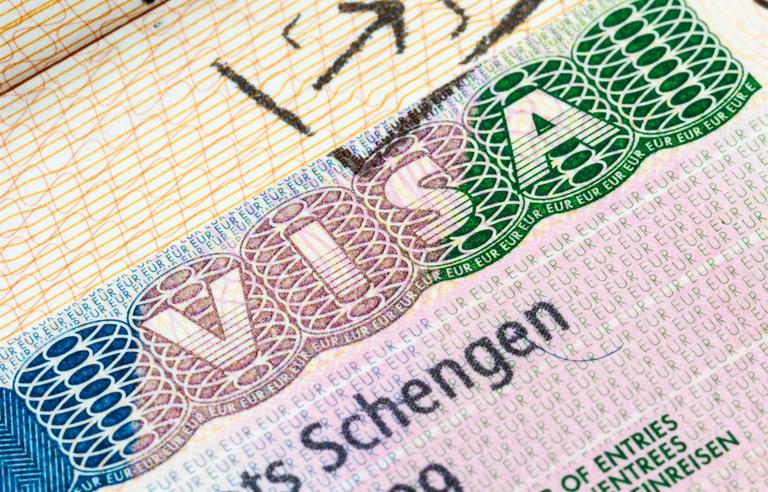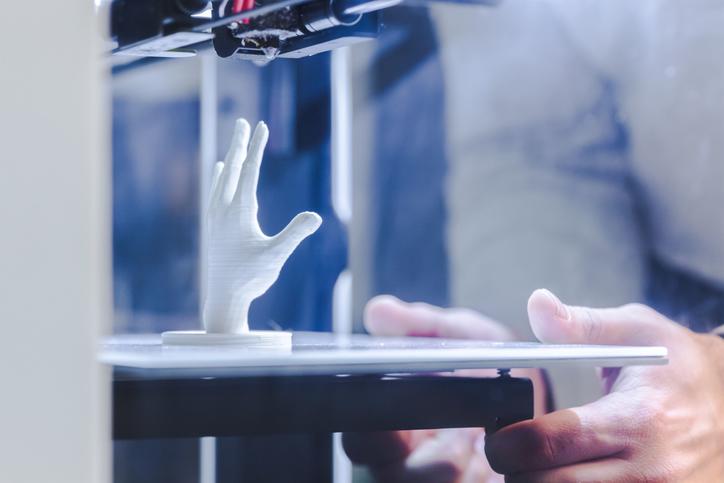Each year, France spends almost 48 billion euros on research, equal to 2.24% of its GDP. This has enabled the country to achieve its objectives, in particular at an international level, and to attract talented researchers from around the world.
The major players involved in research in France
Including professors, researchers, engineers, technicians and support staff, more than 417,000 people are involved in research in France. They work in universities, Grandes Ecoles, public institutes and companies.
In France there are almost 267 000 research directors, professors, lecturers and researchers in companies. 26% of them are women. 40% of them work in the public sector and 60% are employed in the private sector. Their work is published in the best-known international scientific journals and have the fourth highest index of impact in the world.
Public research institutes, a level of excellence
In France, research is conducted in universities and prestigious public research institutes including, to name a few, the CNRS (Centre National de la Recherche Scientifique- National Centre for Scientific Research), INRA (Institut National de la Recherche Agronomique - the National Institute of Agricultural Research) and INSERM (Institut National de la Santé et de la Recherche Médicale - National Institute of Health and Medical Research).
The CNRS is, for example, the leading research institute in the world in the terms of number of scientific publications.
Numerous international distinctions
Hailed around the world, French research counts many Nobel Prize winners among its ranks, including fifteen in Literature, thirteen in Physics and three in Economics. The most recent include Jean-Pierre Sauvage (Chemistry) in 2016, Patrick Modiano (Literature), Jean Tirole (Economics) in 2014 and Serge Haroche (Physics) in 2012. In total, 62 Nobel Prizes have been awarded to French people which ranks France fourth in the world.
In mathematics, almost one third of all Fields medal recipients have come from French laboratories, including 10 from that of the École Normale Supérieure (ENS). France is second in the world in terms of the number of medals, after the United States.
French research is open to the world
Research knows neither borders, nor nationality: 41% of those enrolled in French Doctoral schools are foreigners and 54% of French scientific publications are the result of international collaboration. To ensure this mix in French research, the CNRS has recruited approximately 30% of its researchers from abroad each year since 2010. Like the CNRS, many French research centres regularly open specific positions to foreigners and invite people from around the world to teach in France.
As another example, many French successes have come from international research: the Vietnamese mathematician Ngo Bao Chau, who was awarded the Fields medal in 2010 (along with Cédric Villani), obtained his Master and Doctorate in France.
Take advantage of the excellence of French research to continue your work. On June 8th, 2017, the President of France, Emmanuel Macron, issued an appeal to climate researchers around the world to come to France. To find out more about this appeal and to register, visit the site Make Our Planet Great Again.
Industrial action that is exported around the world
The industrial action of major French companies is driven by innovation and research. But abroad, France is also seen as a country of traditional, very high quality craftmanship. France has the world's fifth largest economy and 31 of the world's 500 most powerful companies.
Many French industrial groups are leaders in their sector with a worldwide presence, including Airbus, Total, Orange, Sanofi, LVMH, L’Oréal and Danone.
The success of French innovation
France has the highest representation of any European country in the list of the top 100 most innovative companies. It is home to 71 competitiveness clusters that comprise an attractive ecosystem, bringing together laboratories, universities, start-ups and major corporations. French Tech, with 200 million Euros invested, supports the development of digital companies and attracts young talent. France also occupies the sixth rung worldwide for most international patents filed.
High quality, diversified craftsmanship. With 40 000 workshops and 100 000 craftsmen and women, France is an international reference in many skilled domains, particularly arts and crafts and upmarket fields such as jewellery, fashion, crystal glassmaking and architecture. Further industrial innovation through design is particularly well-established in France.






















